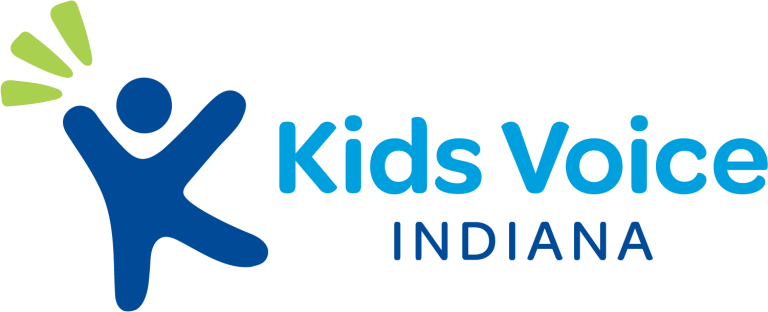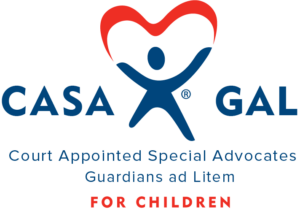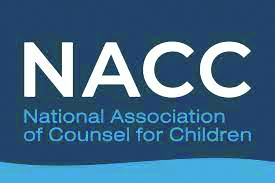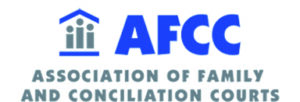The Parenting Coordination Clinic is a new program of Kids’ Voice of Indiana which offers modest means and pro bono parenting coordination services. The Parenting Coordination Clinic is only available through Court order.
Helping Children Through Parenting Coordination
The Parenting Coordination Clinic seeks to assist Indiana children, families, and Courts by reducing or interrupting adverse childhood experiences caused by contentious co-parenting relationships. Adverse Childhood Experiences, or ACEs, are defined by Prevent Child Abuse and the Center for Disease Control (CDC) as a wide range of factors that can contribute negatively to a child’s lifelong physical and behavioral health. Factors that constitute an ACE can include child maltreatment, parental separation, and violence between parents. Extreme difficulties in co-parenting can lead to these factors.
Adverse Childhood Experiences have been linked by the Center for Disease Control to extremely negative outcomes for children later on in their lives. These negative outcomes can include substance abuse, depression, financial distress, poor academic performance, increased risk of diseases, and increased risk of early death.
Fortunately, ACEs can be prevented or interrupted, and CDC research indicates that interrupting child maltreatment can result in better outcomes. The Parenting Coordination Clinic is one way Kids’ Voice of Indiana seeks to promote safety and stability for children living in high-conflict parenting families. By disrupting or eliminating the high-conflict tension or otherwise harmful environment in which children are placed with high-conflict families, and replacing that with a process focused on the children’s well-being and best interests, children in Indiana who are served by this program will benefit from fewer adverse childhood experiences.
About Parenting Coordination
The Indiana Supreme Court established qualifications, roles, and duties for parenting coordinators effective January 1, 2017. “Parenting Coordination” is defined as a court ordered, child-focused dispute resolution process in which a Parenting Coordinator is appointed to assist high conflict parties by accessing and managing conflicts, redirecting the focus of the parties to the needs of the child, and educating the parties on how to make decisions that are in the best interest of the child.
High conflict parties have ongoing disagreements and conflict. Situations which may indicate the need for a parenting coordinator include: (1) signs children are suffering from intense or frequent hostility between the parents; (2) allegations or evidence of child abuse or domestic violence; (3) children feeling the need to choose a side due to parental conflict; (4) children being prevented by one parent from seeing the other parent, except in appropriate circumstances; (5) children being used as pawns or bargaining tools by one or both parents in attempt to punish the other parent; and (6) parents are who are unable or unwilling to work together, as shown by their tendency to litigate small matters, their lack of communication or poor communication skills, and their inability to make good parenting decisions.
Parenting coordination seeks to interrupt or eliminate these problems by providing an alternate and more productive path for parents to communicate and co-parent in a way that is focused on the child’s well-being and best interests.
Typical parenting coordination duties include: (1) initial meetings, where the main issues are determined and addressed; (2) gathering additional information from outside sources if necessary; (3) assisting with establishing daily routines; (4) helping parents follow the court ordered parenting schedule; (5) working on appropriate means of communication, discipline, and other matters; and (6) assisting with choosing and working with medical care providers for children, assisting with choosing extracurricular activities for the child, and coordinating other matters that affect the child’s best interests. Parenting coordinators seeks to make reasonable efforts encouraging parents to resolve these disputes on their own; however, the parenting coordinator, depending on what level of authority they have, may issue a recommendation or even submit a binding recommendation to the Court for approval or further hearing.
About The Parenting Coordination Clinic
The Parenting Coordination Clinic is able to provide both modest means and pro bono parenting coordination services. In order to qualify for modest means services, one or both parents must make less than $575 per week. The modest means rate is $50 per hour. Qualification for the pro bono rate, which makes parenting coordination services free of charge, is done on a case by case basis and considers a number of factors in a family’s financial situation and other circumstances in their lives.
The Parenting Coordination Clinic can only accept cases through a court order. If you have any other questions about our Parenting Coordination Clinic, please contact Lisa Joachim at ljoachim@kidsvoicein.org.
The Parenting Coordination Clinic is made possible by a generous grant from the Lilly Endowment.






